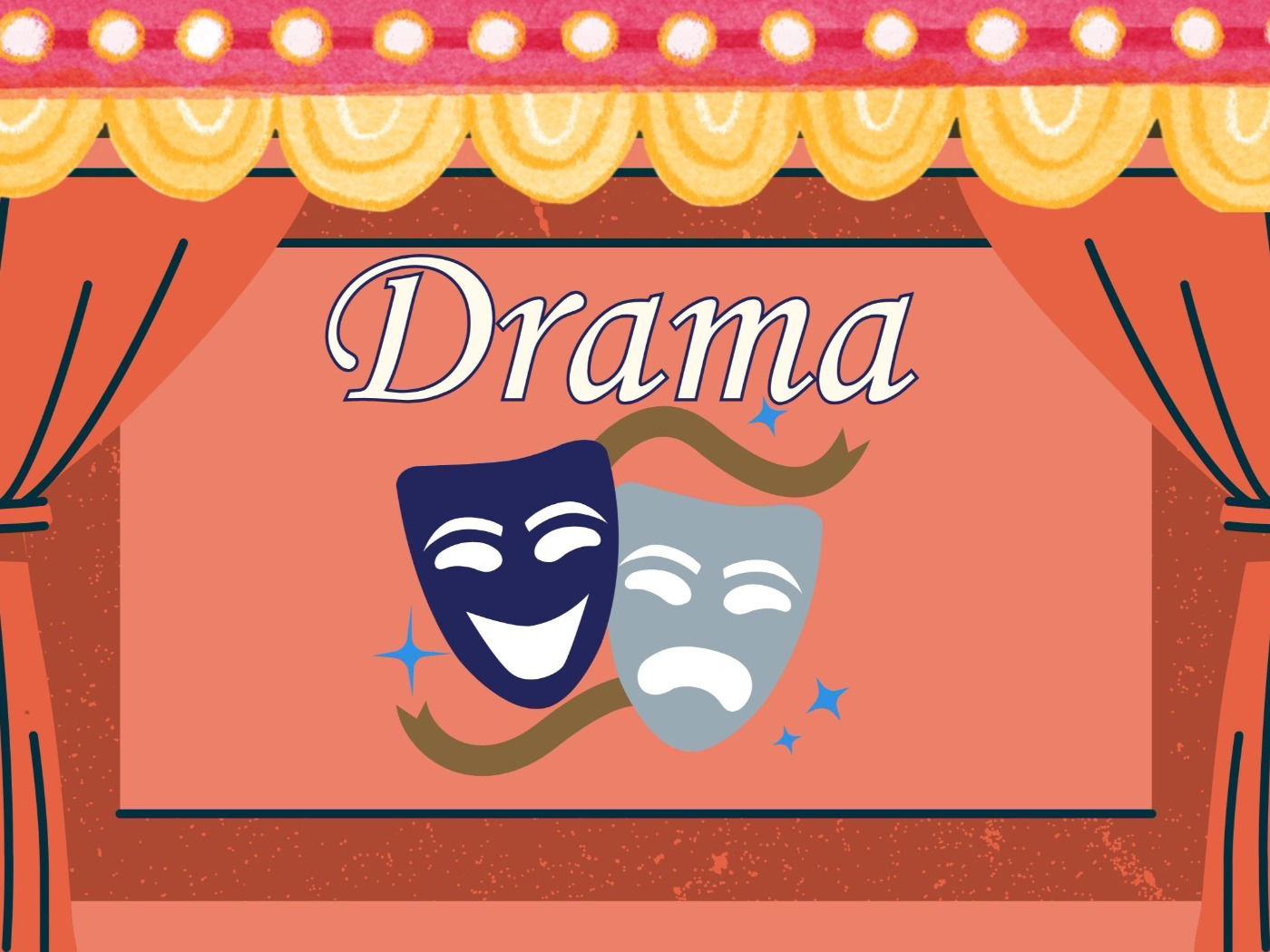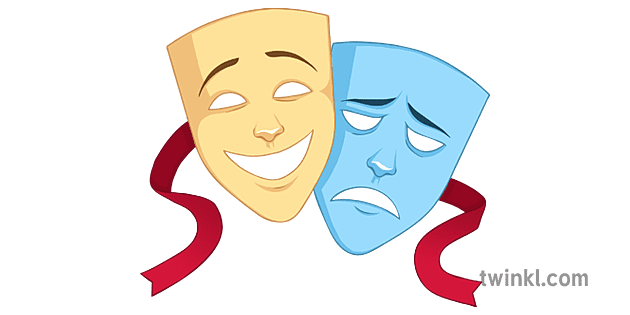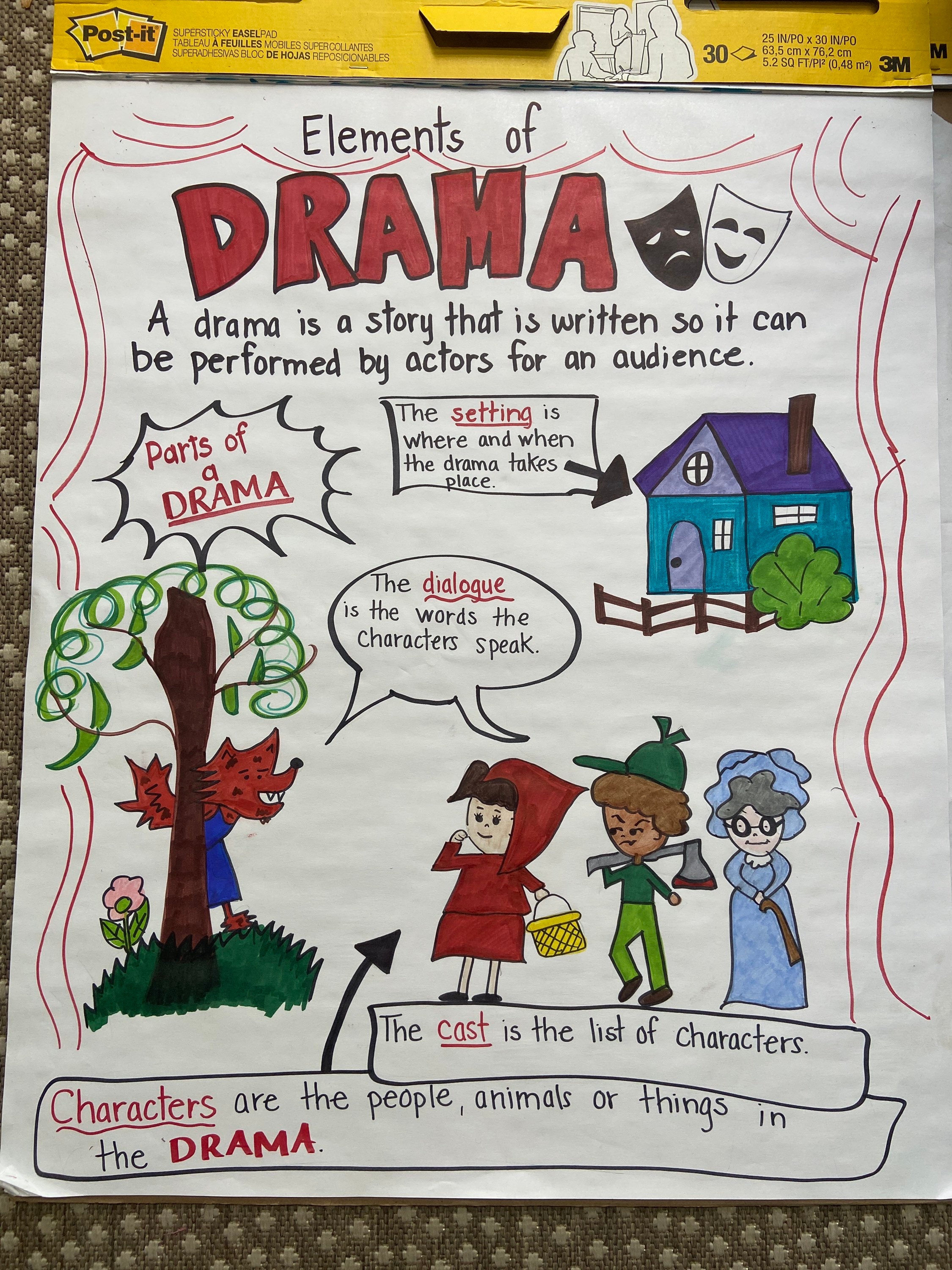Table Of Contents
Imagine for a moment, someone whose entire professional life revolves around understanding human feelings and the way people act, suddenly finds themselves in a situation where they have to pretend to be someone they are not. This isn't just about putting on a show; it's about living a lie for a very serious reason. We're talking about the fascinating idea of a drama teacher, someone who helps others express themselves through performance, now having to hide their true identity, perhaps in a high school setting, much like those undercover situations you might see in stories like "21 Jump Street." It’s a compelling blend of art and the very real demands of a secret assignment.
This particular scenario really makes you think about what it means to perform, not just on a stage, but in everyday life, especially when the stakes are incredibly high. A teacher of performance skills, who typically guides students in finding their voice and portraying characters with honesty, would now be tasked with the ultimate acting challenge: becoming a believable high school student or colleague, all while being a trained police officer. It's a situation that, you know, just seems to beg for a closer look, doesn't it?
The concept itself, you might agree, is pretty intriguing because it pulls together so many different threads: the daily routines of a school, the hidden world of police work, and the deep human capacity for pretending. It forces us to consider the skills a drama teacher brings to the table – things like observation, understanding motivations, and the ability to improvise when things don't go according to plan. This kind of setup, actually, could throw up all sorts of unexpected twists and turns, making for quite a compelling story, or even a thought experiment about real-life situations.
- The Undercover Educator
- Who is This Undercover Drama Teacher?
- Why a Drama Teacher for Undercover Work?
- What Challenges Would Such a Role Present?
- How Might Online Communities React?
- The Real-Life Parallels to School Drama
- Navigating the Performance of Identity
- The Impact on the School Community
- A Recap of the Undercover Drama Teacher
The Undercover Educator
The idea of an educator, especially one focused on the performing arts, taking on a secret police role is, quite frankly, a little mind-bending. Typically, a drama teacher spends their days helping young people explore characters, build confidence, and understand emotional expression. Their world is about authenticity in portrayal, even when playing someone else. But for someone in an undercover police capacity, the authenticity is a carefully constructed illusion. This contrast, you know, makes for a very interesting character study, someone living a double life where their professional skills are twisted into something quite different from their original purpose.
Who is This Undercover Drama Teacher?
Let's consider the kind of person who might be this undercover drama teacher 21 jump street character. This individual would probably be someone with a natural knack for observing people, picking up on small cues, and remembering details. They might have a background that allowed them to connect easily with young people, perhaps a youthful appearance or a genuine interest in their lives. Their police training would give them the sharp investigative skills, while their drama background would provide the ability to blend in, to act the part, and to keep their true feelings hidden. They'd need to be, sort of, a master of disguise, not just in costume, but in their entire way of being.
A Glimpse at the Persona
This hypothetical drama teacher 21 jump street persona, let's call them "Mr. Henderson," might present as someone a bit quirky, maybe a little eccentric, but always approachable. He’d probably have a way of speaking that makes students feel comfortable opening up, perhaps using a lot of expressive hand gestures or a varied tone of voice. He might be the kind of teacher who encourages creative thinking and pushes boundaries in the classroom, which would, in a way, make his undercover activities seem like just another part of his artistic personality. His "bio data," if you will, would be a carefully crafted story: a recent graduate from a prestigious arts school, perhaps, looking to make a difference in young lives, while in reality, he's a seasoned officer with years of experience.
- Alyssa Diaz Movies And Tv Shows
- Liam Flockhart Alter
- September 16 Zodiac Sign
- Arabella Kushner
- Greys Anatomy Is Derek Dead
Why a Drama Teacher for Undercover Work?
It's a fair question to ask: why pick a drama teacher for this kind of secret assignment? Well, think about what a good drama teacher does. They teach acting, which is essentially the art of convincing others you are someone else. They study human behavior, emotions, and motivations. They are used to improvising when a scene goes off script. These are, honestly, all incredibly useful skills for someone trying to go unnoticed while gathering information in a school setting. A police officer who understands the nuances of performance would be, quite frankly, a much more effective undercover agent in a place where social dynamics are so important.
The Art of Blending In
The art of blending in for an undercover drama teacher 21 jump street involves more than just wearing the right clothes. It's about speaking the language of the students, understanding their slang, and knowing what makes them tick. A drama teacher is already attuned to these things because their job is to help students portray realistic characters. They'd know how to mimic typical student behaviors, how to react to unexpected situations without breaking character, and how to build rapport quickly. This ability to truly inhabit a role, rather than just play at it, would be, in some respects, their greatest asset in keeping their true identity a secret.

Drama: qué es, significado y recursos expresivos - Enciclopedia

Abstract Drama | Techniques & Definition | Teaching Wiki

12 elements of drama - gastopolis